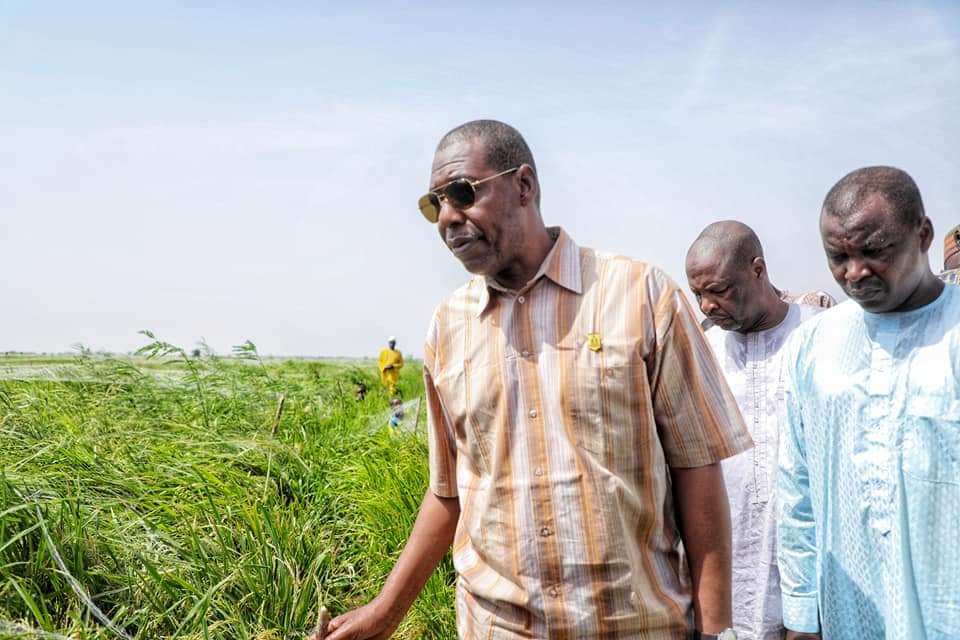Inhabitants of Borno State are starting to farm after years of insurgency that destroyed their farms, tools and displaced the majority of them.
Most rural communities with fertile lands for agriculture were made no-go-areas as a result of years of insurgency making the entire state food insecure; many farmers, who were displaced, lost their livelihoods.
Abubakar Sadiq Kurbe in Konduga said most displaced persons have returned home and planted crops on their farms to revive food production.
“People could not harvest their farms in the previous years for fear of insurgents’ attacks which were frequent in the rural communities. The areas are to a certain degree peaceful now and people have returned to farms in large numbers to revive food and cash crop production; it follows that other things being equal, bumper harvest is imminent,” he said.
According to him, farmers in many villages, such as Mushimari, have long abandoned their settlements and left their farms ‘to fallow’ for fear of attack.
He said, “But returnees in the village have dug boreholes for the previous dry season farming and have engaged in rain-fed agriculture afterwards. An interest group has provided farmers with inputs including water pumps which moved water to irrigated fields.”
He said farmers in the Konduga area have made the best use of the nearby river for irrigated agriculture.
“We hope the insurgents will not steal our crops during harvest because two weeks ago they removed tons of fish from traps placed by fishermen in the river,” he said.
In Zabarmari village too, where dozens of farmers were slaughtered by the insurgents last year, hundreds of acres left unplanted for some time due to unforeseen attacks are now rice paddies, Secretary, Jere Rice Traders Association, Mika’il Mohammed has said.
“Most of these unplanted farms are located in distant areas where farmers were scared to go in the past. At the moment, people have reclaimed their farms and planted rice and few other crops such as cowpea and maize. We hope the harvest season will be safe and there will be no incident that will frighten us again,” he said.
He said regardless of the menace of insects such as bean weevils, bean is the second largest grown crop in the area.
He said, “People are discouraged from using chemicals to store beans because of the dangers involved; so farmers use insect-proof containers including drums and Jerri cans to store it and that method is very efficient.”
Ibrahim Garzali in Monguno town said most displaced persons have returned to their farms and do a lot of activities during the rainy season to provide much of the food they consume.
He called on authorities to improve the surface irrigation scheme in the town by increasing water use. He said apart from food production, irrigation farming creates employment because it is labor intensive; it requires workers for planting, irrigation and harvesting.
In the meantime, Governor Babagana Umara Zulum has inspected the Monguno irrigation fields during a previous visit and pledged to revive the schemes.
In addition to one borehole which supplies water to 20 hectares, the governor gave directives for the installation of three more boreholes to supply water to 20 hectares each. The state also pledged to provide N100 million for putting in place surface and sprinkler irrigation systems to distribute water to farms.

 Join Daily Trust WhatsApp Community For Quick Access To News and Happenings Around You.
Join Daily Trust WhatsApp Community For Quick Access To News and Happenings Around You.


